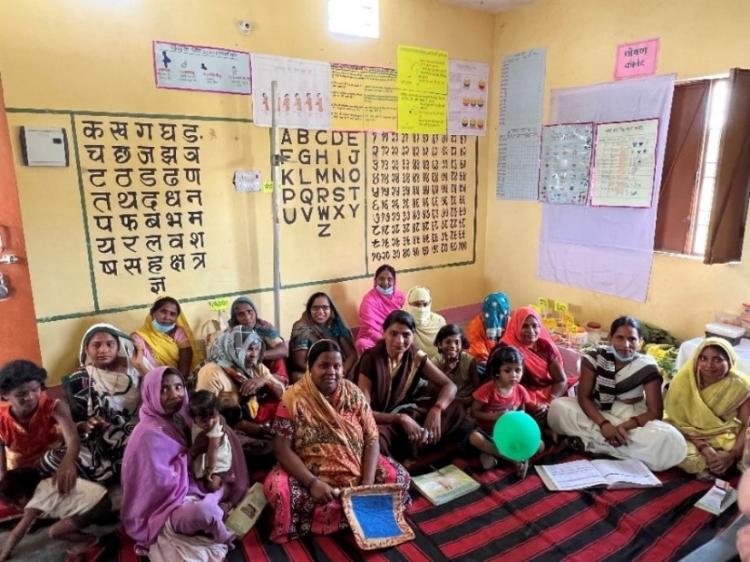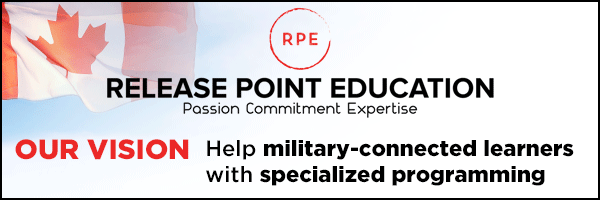A University of Manitoba (UM) project is focusing on improving maternal and child health in Uttar Pradesh - the largest state in India, with a population of 223 million, across 30,000 healthcare facilities and 300,000 front-line care providers.

Dr. James Blanchard.
With funding from the Bill & Melinda Gates Foundation, UM researchers are working in India to build partnerships and improve maternal and newborn health outcomes. Since 2014, the UM has championed this life-saving initiative through the Institute for Global Public Health (IGPH), with newly published results showing a significant reduction in neonatal mortality.
Led by Dr. James Blanchard, Canada Research Chair in Epidemiology and Global Public Health and Executive Director of the IGPH within the Rady Faculty of Health Sciences, this unique partnership between the IGPH and the Government of Uttar Pradesh (GoUP) continues to help decrease maternal and neonatal mortality rates in the region. This project would not be possible without the leadership of GoUP and their commitment to implementing policies and programs to improve health outcomes in the region.
"By working collaboratively with local governments and other academic and development partners, we are able to strengthen health systems and develop healthcare policies to help improve outcomes for mothers and children across the state," said Blanchard.

Dr. Marissa Becker.
Dr. Marissa Becker is a professor in the department of community health sciences and the department of medical microbiology and infectious diseases within the Rady Faculty of Health Sciences. She is also director of technical collaboration for the IGPH.
"We are focused on improving public health programs in India and reaching those who are most vulnerable in our society," said Becker. "We are there as partners to learn together and create better programs that will make an impact."
The UM team began in 2014 by adopting the policy goals of the India government and responding to their needs to build capacity in their public healthcare system. The GoUP prioritized the reduction of neonatal mortality as a central goal, as more than 45 newborns out of every 1,000 were dying within their first month of life.
To achieve this goal, the UM team developed systems and digital infrastructure to improve the availability and functionality of existing healthcare services. The systems range from human resources planning to supply chain management, data management, training and mentorship and research and analysis. These improved systems have helped the government and front-line providers provide higher quality and more accessible patient care, especially for women living in rural or remote areas.

A hospital in Lucknow Premis where newborns receive life-saving care and medical interventions.
Family planning is also being prioritized in Uttar Pradesh, where the UM is supporting the government with research and technical collaboration to improve access to modern contraceptives, nutrition and child and maternal health outcomes.
A large staff team has been deployed to support the planning and implementation of these transformative initiatives. Over 1,100 healthcare staff is in place including doctors, specialists, nurses and administrators. The scale of this work is significant and complex, with specialists assigned at the state, district, and village level to ensure the consistent implementation of programs and strategies across all 30,000 health facilities in Uttar Pradesh.

Dr. Becker and Dr. Pinto pictured with healthcare facility staff.

Dr. Mario Pinto visits a community-level healthcare facility.
Transforming healthcare through data systems
A key outcome of the IGPH's progress in India has been the development of digital support systems to collect and track valuable data across the healthcare system.
Established systems include the collection of data on the healthcare workforce to improve staffing management and identify gaps. A database has been developed to track equipment and essential drugs to ensure facilities are well-equipped to provide emergency care and reduce maternal and neonatal mortality, while data is also being collected from front-line staff to track the delivery of services across the system and ensure coverage across the entire state.
During the COVID-19 pandemic, data management at scale was taken to another level when the UM team was asked to track all COVID-19 tests across the healthcare system. This system was so successful that the government has now expanded it to collect data on twelve notifiable diseases, including malaria, Japanese encephalitis, and others. This system collects significant amounts of data to allow the government to track outbreaks in real time and develop timely responses to emerging public health threats.

Report signals significant reduction in neonatal mortality
A new report published by the Government of India in summer 2023, the Exemplars in Maternal and Newborn Health India study, has found transformative progress in reducing maternal and newborn mortality over the last two decades. The report highlights key strategies and programs have made life-saving medical care widely accessible to mothers and newborns.
Key findings on health outcomes in Uttar Pradesh over the past 15 years include:
- A decrease in home births from 80% to 11%
- The neonatal mortality rate has decreased by 40%. This reduction has resulted in approximately 99,000 deaths being averted annually.
- The percentage of women accessing healthcare services during pregnancy has risen to 98%, representing a 38% improvement.
"I congratulate the Institute for Global Public Health team for achieving this international recognition of their work in India to provide high-quality and accessible medical care at scale for mothers and newborns," said Dr. Mario Pinto, Vice President (Research and International). "Through Drs Blanchard and Becker's expertise and leadership, the region has taken bold steps to establish a highly efficient and integrated care system that saves lives and is there for everyone."
Research at the University of Manitoba is partially supported by funding from the Government of Canada Research Support Fund.











